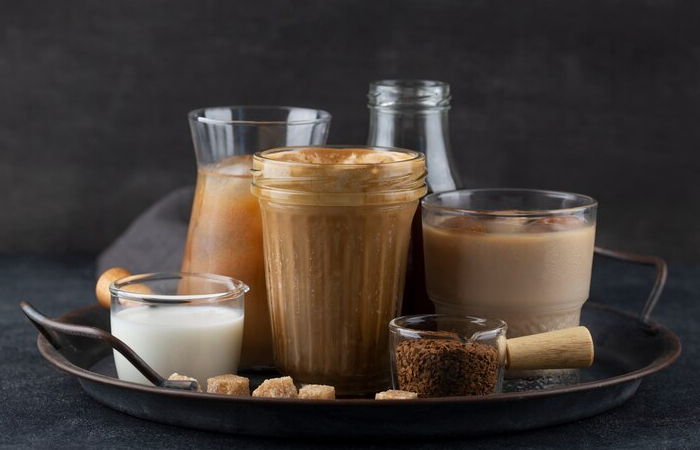Coffee vs. Tea: Which Is Better for Business Professionals?

For busy business professionals, a good cup of coffee or tea is often the key to staying productive and energized. Both drinks offer unique benefits, but which one is better for business professionals?
In this blog, we’ll compare coffee and tea based on energy levels, focus, health benefits, and overall impact on productivity to help you choose the best drink for your workday.
1. Caffeine Content: Which Provides More Energy?
One of the biggest reasons professionals drink coffee or tea is caffeine, which helps improve alertness and focus.
-
Coffee contains 95-120 mg of caffeine per cup, making it a strong energy booster.
-
Tea contains 30-70 mg of caffeine per cup, depending on the type (green, black, or white tea).
Which is better?
-
If you need an instant energy boost, coffee is the better option.
-
If you prefer steady and long-lasting energy, tea is a better choice, as it releases caffeine more slowly.
2. Focus and Productivity: Which Helps You Stay Sharp?
-
Coffee stimulates the brain by increasing dopamine levels, which enhances focus and motivation.
-
Tea contains L-theanine, an amino acid that reduces stress while improving concentration.
Which is better?
-
If you need quick mental alertness (for important meetings or deadlines), coffee is ideal.
-
If you prefer calm, sustained focus without caffeine crashes, tea is the winner.
3. Health Benefits: Which is Better for Long-Term Wellness?
Both coffee and tea offer several health benefits.
Benefits of Coffee:
✔ Rich in antioxidants, which help fight diseases
✔ Improves brain function and reduces the risk of Alzheimer’s
✔ Boosts metabolism and aids weight loss
✔ Lowers the risk of type 2 diabetes
Benefits of Tea:
✔ Contains polyphenols that protect the heart
✔ Reduces stress and improves relaxation
✔ Supports digestion and gut health
✔ Strengthens the immune system
Which is better?
Tea is generally the healthier option due to its calming effects and long-term health benefits. However, coffee provides stronger cognitive benefits and metabolism boosts.
4. Side Effects: Does One Have More Downsides?
While both drinks offer benefits, they also come with potential downsides.
Coffee Side Effects:
-
Can cause jitters, anxiety, or restlessness if consumed in excess.
-
May lead to caffeine crashes and energy dips.
-
Can cause acid reflux due to high acidity.
Tea Side Effects:
-
May stain teeth over time.
-
Contains less caffeine, which might not be enough for some professionals.
-
Some teas, like green tea, can interfere with iron absorption.
Which is better?
If you have anxiety or digestive issues, tea is a gentler choice. If you need stronger stimulation, coffee is more effective.
5. Which is More Business-Friendly?
-
Coffee culture is strong in corporate environments, making it great for networking.
-
Tea culture is more popular in Asia and wellness-focused workplaces.
Which is better?
-
If you work in a fast-paced corporate setting, coffee may be more common.
-
If you prefer a mindful, stress-free experience, tea is a great choice.
Final Verdict: Which Should Business Professionals Choose?
There is no single winner—it depends on your needs!
✔ Choose coffee if:
-
You need a quick energy boost for meetings or long work hours.
-
You prefer a stronger caffeine kick to stay alert.
-
You enjoy the bold, rich taste of coffee.
✔ Choose tea if:
-
You want steady energy without crashes.
-
You need a relaxing drink that reduces stress.
-
You prefer a drink with long-term health benefits.
For many business professionals, the best approach is to balance both drinks—coffee for high-energy days and tea for relaxation and focus.





